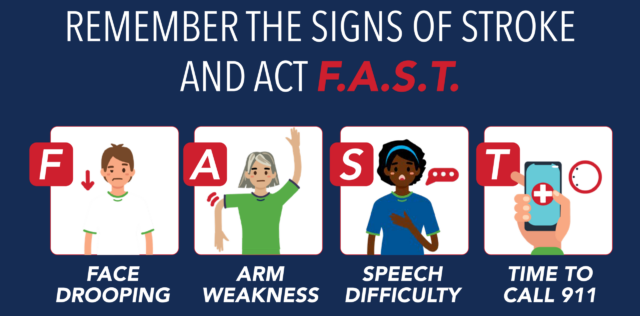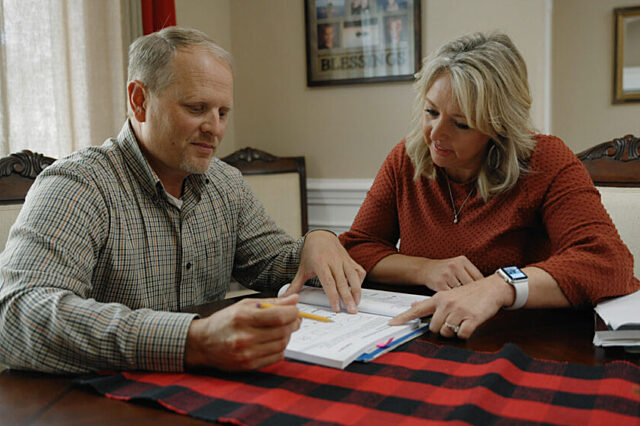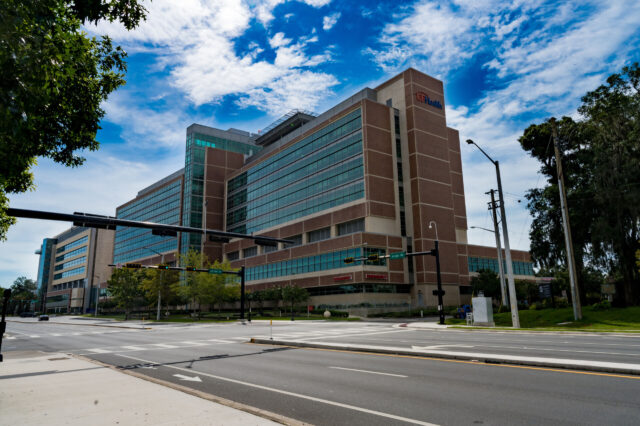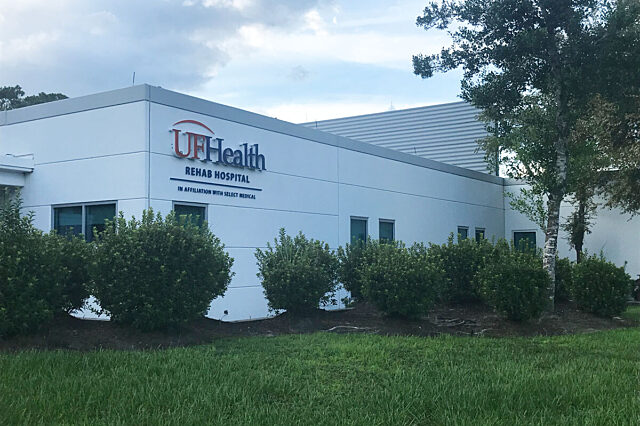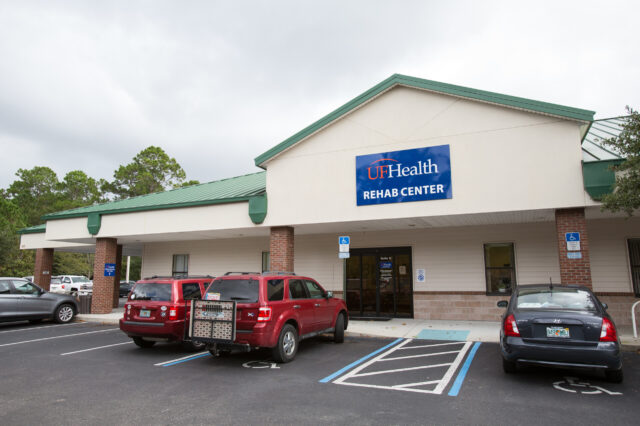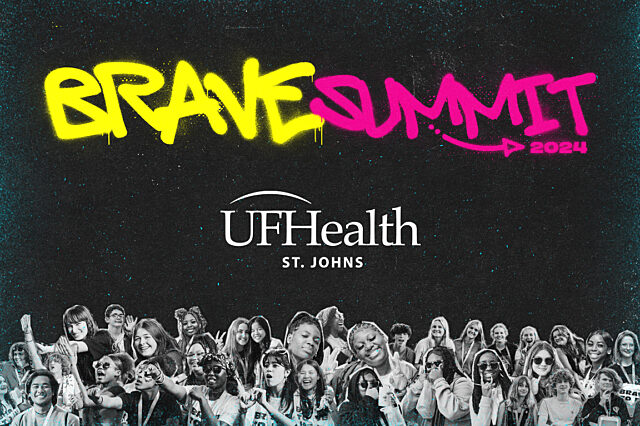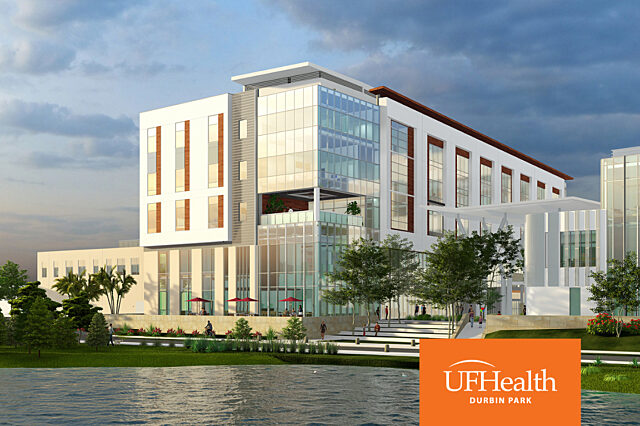If you or a loved one is having a stroke, call 911 immediately!
What is a stroke?
A stroke occurs when blood supply to part of the brain is interrupted or reduced. It is a medical emergency that requires immediate treatment. Brain cells can begin dying within minutes. Early action and rapid treatment can reduce brain damage and other permanent complications. The two main types of strokes are ischemic and hemorrhagic strokes.
- Ischemic stroke: Occurs when there is a blockage in a blood vessel that supplies blood to the brain, leading to a lack of oxygen and nutrients in the affected area. This type of stroke accounts for 87% of all strokes.
- Hemorrhagic stroke: Occurs when a blood vessel in the brain ruptures or leaks, leading to bleeding in or around the brain.
A stroke occurs when blood supply to part of the brain is interrupted or reduced. It is a medical emergency that requires immediate treatment. Brain cells begin dying within minutes of a stroke because blood and nutrients to the brain stop. Early action and rapid treatment can reduce brain damage and other permanent complications.
If you notice signs of a stroke, think F.A.S.T. to get your family members or friends immediate care. Signs and symptoms may come and go or possibly disappear altogether. But if you detect any of the following, call 911. Thinking F.A.S.T. can save your friends’ and family members’ lives.
- Face. Ask the person to smile. Does one side of the face droop?
- Arms. Ask the person to raise both arms. Does one arm drift downward? Or is one arm unable to rise?
- Speech. Ask the person to repeat a simple phrase. Is his or her speech slurred or strange?
- Time. If you observe any of these signs, call 911 immediately.
Why choose UF Health Shands Comprehensive Stroke Center?
Certified by The Joint Commission and the American Stroke Association/American Heart Association, the UF Health Shands Comprehensive Stroke Center is part of an elite group of providers focused on quality stroke care. Comprehensive Stroke Centers are recognized as industry leaders. They are responsible for setting the national agenda in expert stroke care.
Comprehensive Stroke Center certification recognizes hospitals that have:
- State-of-the-art infrastructure
- Experienced staff and extensive training to receive and treat people with simple and complex strokes.
The UF Health Shands Comprehensive Stroke Center received this certification by meeting rigorous standards and requirements. This includes:
- Expertise in treating patients with strokes of all kinds. This includes ischemic, intracerebral hemorrhage and subarachnoid hemorrhage strokes.
- 24/7 availability of specialized treatments
- Advanced imaging capabilities
- Board-certified vascular neurologists, neurosurgeons, neurocritical care and endovascular providers
- Specialized nursing care for stroke care and Magnet facility
- Streamlined accessibility
- Around-the-clock availability of staff, imaging, two hybrid operating rooms and endovascular procedures
- Neuromedicine ICU and dedicated neuromedicine and surgical acute care wards
- Neurorehabilitation is available on-site
As part of our comprehensive care, we offer online consultations and rapid stroke assessment to physicians at a network of locations. This includes Leesburg and The Villages.
What are the treatment options for stroke?
There are many treatment options for a stroke, and the choice of treatment depends on a number of factors, including the type of stroke, the severity of symptoms, and how quickly a patient receives treatment. Some common treatment options for stroke include:
- Intravenous thrombolysis: Intravenous thrombolysis is a medication given through a vein. It dissolves the blood clot and improves blood flow to the affected area of the brain.This treatment is most effective when given within the first few hours after stroke symptoms start.
- Endovascular thrombectomy, or EVT: Endovascular thrombectomy is a minimally invasive surgical procedure. It involves the removal of a blood clot from a blocked artery in the brain using a catheter and a stent retriever. EVT treatment is most effective when performed within the first 24 hours after the onset of symptoms.
- Antiplatelet and anticoagulant medications: Antiplatelet and anticoagulant medications are medications that prevent the formation of blood clots or make them less likely to form. These medications are generally used to prevent further strokes in patients who have already had a stroke or are indicated to be at high risk of having one.
- Surgery: Surgery may be needed in some cases of stroke, such as when there is bleeding in the brain or a blockage in the carotid artery that supplies blood to the brain. Surgery may involve the removal of the blood clot, such as the EVT surgery mentioned, or a mechanical thrombectomy, repair of a damaged blood vessel, or the placement of a stent to keep the artery open.
- Rehabilitation: Rehabilitation is an essential part of stroke treatment and typically involves physical therapy, occupational therapy, and speech therapy. Rehabilitation aims to help patients regain function and independence after a stroke.
Regardless of what type of treatment a patient receives for a stroke, the most important thing is time. Getting treatment as soon as possible after symptoms of a stroke start can drastically reduce brain damage and improve long-term outcomes.
Clinical Trials: Stroke
UF Health research scientists make medicine better every day. They discover new ways to help
people by running clinical trials. When you join a clinical trial, you can get advanced
medical care. Sometimes years before it's available everywhere. You can also help make
medicine better for everyone else.
If you'd like to learn more about clinical trials, visit our
clinical trials page. Or click one of the links below:
CAPTIVA
The primary goal of the trial is to determine if the experimental arms (rivaroxaban or ticagrelor or both) are superior to the clopidogrel arm for lowering the 1-year rate of ischemic stroke, intracerebral hemorrhage, or vascular death.
- Investigator
- Anna Y Khanna
- Status
- Accepting Candidates
- Ages
- 30 Years - N/A
- Sexes
- All
CAPTIVA
The primary goal of the trial is to determine if the experimental arms (rivaroxaban or ticagrelor or both) are superior to the clopidogrel arm for lowering the 1-year rate of ischemic stroke, intracerebral hemorrhage, or vascular death.
- Investigator
- Brian L Hoh
- Status
- Accepting Candidates
- Ages
- 30 Years - N/A
- Sexes
- All
Carotid Revascularization and Medical Management for Asymptomatic Carotid Stenosis Trial
Carotid revascularization for primary prevention of stroke (CREST-2) is two independent multicenter, randomized controlled trials of carotid revascularization and intensive medical management versus medical management alone in patients with…
- Investigator
- Anna Y Khanna
- Status
- Accepting Candidates
- Ages
- 35 Years - 100 Years
- Sexes
- All
View all stroke studies


